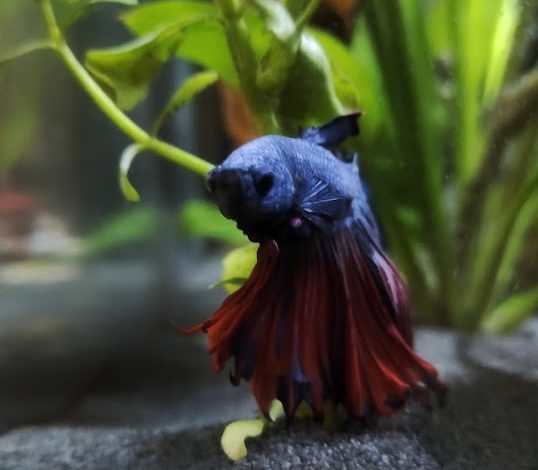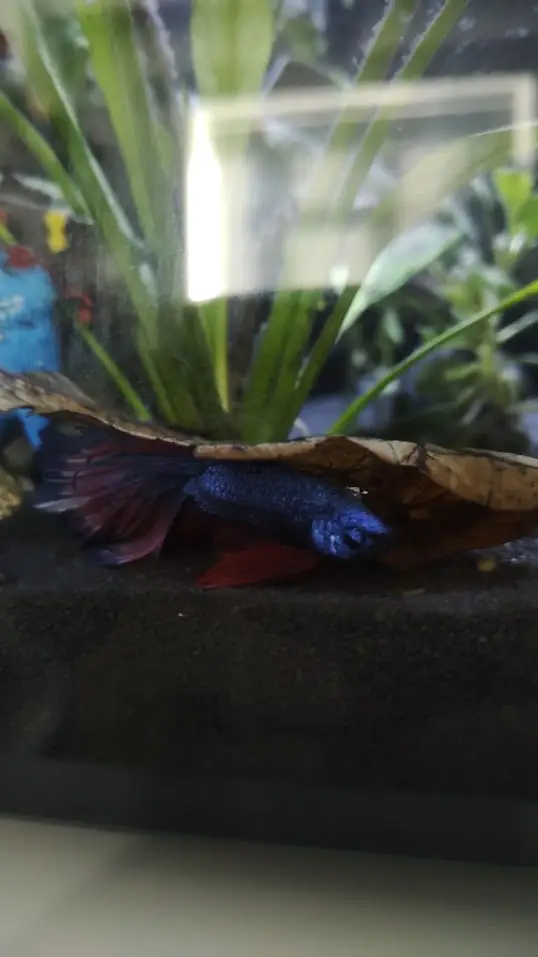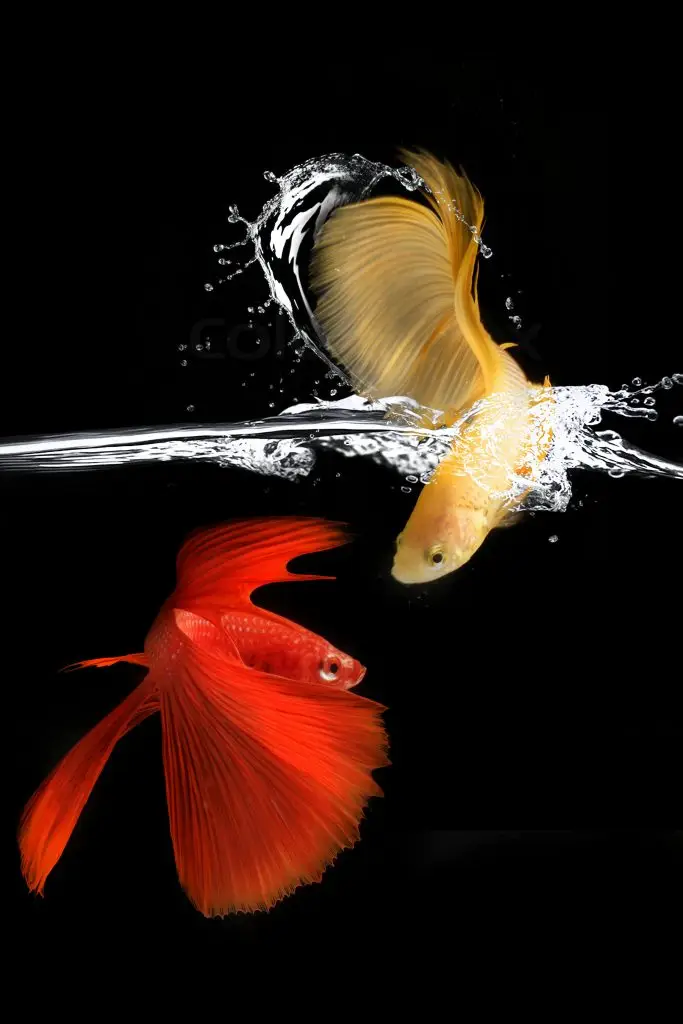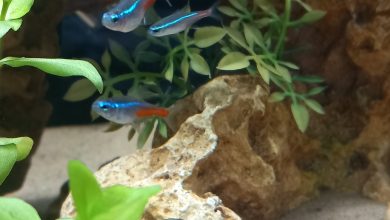Betta Fish : The T-rex of the aquarium

Betta fish, also known as Siamese fighting fish are fun pets to learn how to keep and watch. So Whether a beginner Betta owner or looking to enhance your existing Betta care practices. I am going to share things I have learnt in this piece.
Introduction & History of Betta Fish
Betta fish originate from the rice paddies of Southeast Asia, where they were first bred for fighting. Over the years, these beautiful fish have become beloved pets worldwide for their stunning looks and unique behaviors.
Characteristics and Varieties of Betta Fish
Betta fish are available in an extensive array of colors and fin types.
The elegant fins of the Crown tail to the vibrant hues of the Half moon. You will likely find a Betta pet that caters to you. But like any pet betta’s are more than just colours and there tails.
Setting Up the Ideal Betta Tank
Creating the perfect home for your betta fish is crucial for their health and happiness. From choosing the right tank size to creating a cozy aqua scape. There are many factors to consider when setting up a betta tank.
Choosing the Right Tank Size and Shape

Betta fish thrive in tanks that are at least 5 gallons but bigger is better. Providing them with enough space to swim and explore. A tank with a horizontal shape is ideal for bettas, as they prefer longer distances to swim over tall heights.
Essential Equipment for a Betta Tank
To keep your betta fish healthy, you’ll need essential equipment such as a heater to maintain a stable temperature, a filter to keep the water clean, and a thermometer to monitor conditions. These tools are essential for creating a comfortable environment for your fish.
Aquascape and Decor for Betta Fish
Adding plants, rocks, and caves to your betta tank not only creates a visually appealing underwater landscape but also provides hiding spots and enrichment for your fish. Make sure to choose decorations that won’t tear your betta’s delicate fins.
Lighting for Betta Fish
Betta’s need lighting as like us they have a day night cycle so they sleep at night and are awake in the daylight. Most aquariums will have a light prebuilt in them or will come with one to attach to the tank. these often however dont have a dimmer on them this can be a problem for sensitive betta as they do not like bright light.
to us led’s might not be bright but to a betta they are very bright. So this is something to keep in mind when buying your tank a quick solution to this is to add tannin leaves yes I know some do not like the brown colouring it leaves however it does have a purpose as it reduces the intensity of the lighting making betta feel happier.
Moonlight/Night time light mode
I hate these with a passion day/night lighting modes with your Betta really mess up its sleep/awake cycle as they need 12-14 hours of sleep and betta can detect 90% of the colour spectrum. not only do they not want to be kept awake by light at night, its actually bad for them health wise.

Proper Nutrition and Feeding Guidelines
Feeding your betta fish a balanced diet is crucial for their overall health and well-being. Understanding their dietary needs and following a proper feeding schedule will help keep your fish healthy and happy.
Understanding the Dietary Needs of Betta Fish
Betta fish are carnivores even though some class them as omnivores. So they require a high-protein diet. Pellets specifically formulated for bettas are a good staple food, supplemented with occasional treats like bloodworms or brine shrimp.
The primary consideration is that ash is necessary as it supplies essential vitamins and nutrients for bettas; however. 95% of ash is not absorbed by the fish due to their inability to digest it. Therefore, while some ash is beneficial, a lower ash content is preferable.
The food I use now contains only 6.5% ash, compared to the 17% found in previous food I was using.
Recommended Betta Fish Food and Feeding Schedule
Feeding Betta small amounts of food once or twice a day is good. Removing uneaten food is always a good idea to prevent fouling of the aquariums water. Fouled water can contribute to Betta getting sick

Clean water is essential for the health of your betta fish.
Importance of Water Parameters in Betta Care
Betta fish exhibit a high sensitivity to fluctuations in water quality. Therefore, it is crucial to regularly assess parameters including temperature, pH, ammonia, nitrite, and nitrate concentrations. Maintaining these levels within appropriate ranges is vital for minimizing stress and preventing illness in your fish.
Water Testing and Regular Maintenance Tasks
Consistent water testing with a dependable test kit is essential for monitoring the quality of your tank’s water. Additionally, conducting partial water changes, keeping filter, tank and heater clean.
By doing the above and Looking for any damage will help keep a pristine tank. And your pet Betta & any other tankmates like shrimp are less likely to get injuries or catch diseases.
Understanding Betta Behavior and Social Needs

Interpreting Betta Fish Behavior Cues
Betta fish can certainly be described as quirky, with each individual’s personality being distinct. As previously mentioned, certain behaviors such as flaring fins may indicate one of 2 things.
1. Is unimpressed by something
2. Trying to show off.
Bubble Nest’s
These are cute to see and is a sign of a male’s desire to mate. (Bubble nests are not not a sign of happiness).
All These behaviors are commonly observed among male bettas. However female betta can but very rarely flare or make bubble nests
Solitary Nature of Betta Fish and Tankmate Options
Despite their quirky behavior, Bettas prefer the solo life. It’s like they’re the introverts of the fish kingdom. If you must have tankmates, choose wisely—think peaceful species that won’t cramp their style.
Some bettas may coexist peacefully with shrimp or snails in their aquarium. While some Betta May perceive shrimp as potential snacks and consume them. Additionally, certain bettas may also find snails to be a source of constant annoyance.
Common Health Issues and How to Treat Them
Identifying Symptoms of Common Betta Fish Diseases/Illnesses
Sick bettas can significantly dampen the atmosphere. The range of illnesses and diseases affecting bettas is extensive. However, some of the more prevalent conditions are not exclusive to Bettas alone.
To alleviate any concerns you may have, I have excluded the most distressing and challenging cases. If you have any worries. There are excellent resources available online, including informative articles on Google and supportive Facebook groups such as Betta Keepers UK.
- Fin and Tail Rot
- Hemorrhagic
- Popeye
- Eyecloud
- Mouth Fungus
- Furunculosis
- Fish Fungus
- Velvet
- Ich
- Anchorworms
- Betta Tumors
Treatment Options and Preventive Care Measures
Got a sick fish on your hands? Treat them like royalty with meds and pristine water conditions. And remember, a clean tank is a happy tank—prevention is key to keeping your betta in top shape.
Breeding Betta Fish

I am not going to talk about breeding betta fish in this guide. Its not an easy process and takes a large amount of experience, understanding and setup to support it.
Conclusion and Final Tips for Betta Care
Betta care might be overwhelming at first but researching & likes of what reading my guide here. Learning the nitrogen cycle, food options and treats you will be swimming in the right direction.
Some shops you might find useful
Pro Shrimp – www.pro-shrimp.co.uk
Aquacadabra – www.Aquacadabra.com






Great job, Tim! You did great with this set up! Very informative and very organized!! Keep up the great work!